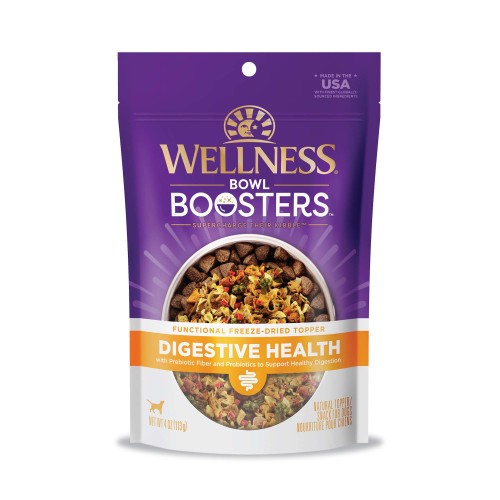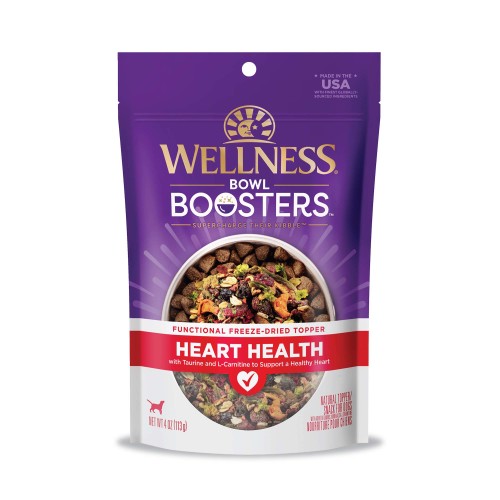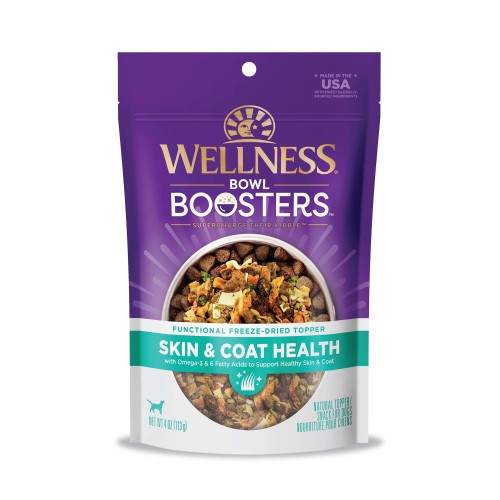April 29, 2021
16 Facts About Your Dog or Cat’s Digestive System
You may only think about your dog or cat’s digestive system when something is wrong. Maybe they’re vomiting or have a sensitivity to a certain food. But understanding what makes your pet’s digestive system unique will help you better anticipate their health needs. Plus, some of these facts make for great conversation starters!
-
- A dog’s digestive tract is about 6 times his body length and a meal typically takes 7-10 hours to pass through his body. That’s why it’s important to provide high quality nutrition that helps promote a healthy digestive tract.
-
- Cats love to groom and as they lick their coat, big wads of hair get swallowed and form hairballs. Hairballs can obstruct the flow of food and in extreme cases may require surgical removal, or if you’re lucky, just some puke all over your nice new rug.
-
- A dog’s jaw can only move up and down unlike a human jaw that can move up and down, side-to-side and in a rounded motion.
-
- Cat and dog teeth are designed to rip, shred and crush dense objects consistent with their wolf and wild cat-like ancestors. Your dog uses his front teeth to grab food and then pulls his food to the back of the mouth where molars grind up the food into smaller chunks.
-
- Some large, deep-chested dogs like Great Danes can suffer a potential fatal upset called bloat, because they cannot burp. Often seen when these dogs eat too quickly, their stomach becomes enlarged with both food and air. Treatment for these issues requires urgent veterinary attention.
-
- Dogs have more teeth than humans and cats, (dogs have 42, cats have 30 and humans have 32).
-
- When it comes to saliva, unlike humans, dogs lack the enzymes in their saliva that start breaking down food making that extra drool simply a great way to lubricate their food.
-
- Dogs and cats have a good gag reflex so if they have eaten something spoiled or otherwise unsuitable, they can vomit rather easily.
-
- Compared to humans, dogs generally keep food in their stomach for longer periods of time (4 to 12 hours), and have more acidic stomachs. This combination helps dogs break down large pieces of meat and bones into an easier-to-digest mush.
-
- A dog’s stomach can expand to extraordinary sizes. Whilst this was a necessary trait for our dog’s wolf ancestor who lived a life of feast and famine, it today can be why if given a chance, dogs can eat extremely large quantities of food. Note – today with a steady supply of high-quality nutrition, your dog should never need to use this incredible function of his digestive system.
-
- Dogs and cats have a relatively smaller digestive tract as compared to humans. That’s why it’s important to feed highly-digestible nutrition focused on intestinal health. It’s also why you may see complex foods like full blades of grass appear in your dog’s poop. Their digestive system simply can’t break down items like a sheep or other herbivore can.
-
- Cholesterol may be important for us humans to keep track of, but it has no impact on your pet’s health.
-
- Approximately 10% of all veterinary visits are the results of some gastrointestinal disease, with diarrhea being one of the most frequent clinical signs.
-
- Dogs have 1/6 as many taste buds as humans have, (1,700 vs. 9,000) so the scent of their food determines whether they will eat it. In fact, dogs have up to 300 million olfactory receptors in their noses, compared to about 6 million in humans. And the part of a dog’s brain devoted to analyzing smells is 40 times greater than ours!
-
- Bad doggy breath isn’t normal or unavoidable! It’s actually a sign of dental or other health problems. Have your dog’s teeth examined by a veterinarian yearly and add a dental chew into their daily dental care.
-
- As gross as it may be, it’s not abnormal for dogs to eat feces. The ASPCA say this behavior stems from their pre-domestication days thousands of years ago. Best tip here is to keep that backyard clean!
- We believe that good digestive health is the key to unlocking your pet’s happiness, and it starts with what is in their bowl. With highly digestible recipes, Wellness CORE Digestive Health for dogs and cats promotes optimal nutrient absorption while optimizing a healthy digestive tract because with Wellness, a lifetime of wellbeing starts from within.






